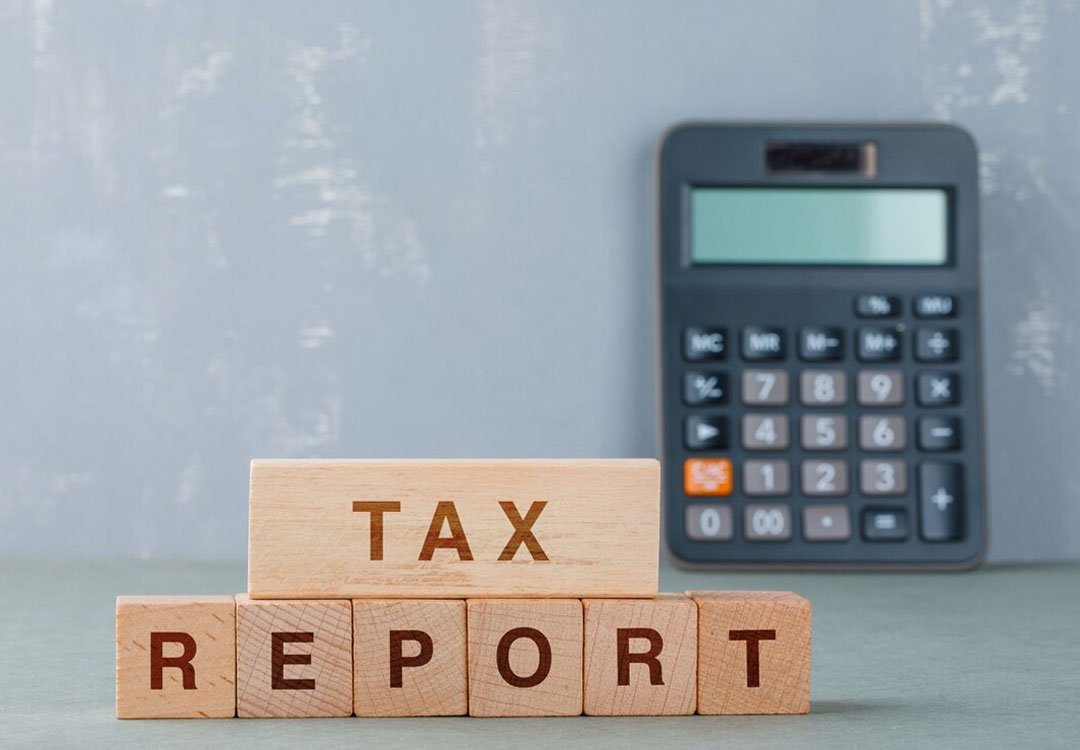When business owners sell their business in the UK, they can face a range of costs, both in terms of tax and other fees associated with the transaction. The amount they pay will depend on various factors, such as the structure of the sale, the value of the business, and the costs involved in the sale process. Here’s a breakdown of the main costs business owners can expect when selling a business in the UK:
1. Capital Gains Tax (CGT)
- Overview: One of the most significant costs for business owners selling their business is Capital Gains Tax (CGT), which is payable on the profit made from the sale of the business. CGT is calculated on the difference between the sale price and the original purchase price (plus any allowable expenses, improvements, and costs).
- Rate: The standard CGT rate in the UK depends on the individual’s income tax band:
- 18% for basic rate taxpayers
- 28% for higher rate taxpayers (for residential property)
- 10% for most business owners if they qualify for Business Asset Disposal Relief (formerly known as Entrepreneurs’ Relief).
- Business Asset Disposal Relief (BADR): If the seller qualifies for BADR, they can benefit from a 10% CGT rate on the first £1 million of gains. To qualify, the business must meet specific criteria, such as the seller having owned at least 5% of the business and been an officer or employee for at least two years.
2. Transaction Costs (Legal and Professional Fees)
- Legal Fees: Selling a business requires a detailed sale agreement and often involves negotiations, due diligence, and contract drafting. Legal fees for a business sale can vary but typically range from £1,000 to £20,000+, depending on the complexity of the transaction.
- Accountancy Fees: To ensure your financial records are in order and to handle the tax implications of the sale, you’ll likely need professional advice from an accountant. Accountancy fees can range from £1,000 to £10,000 depending on the size of the business and the complexity of the transaction.
- Business Valuation: Some sellers may hire a professional valuator to get an accurate estimate of the business’s worth. A business valuation can cost between £2,000 and £10,000, depending on the complexity and size of the business.
- Broker Fees: If you engage a business broker to help sell the company, their fees are typically around 5-10% of the sale price. For example, if you sell your business for £1 million, a broker could charge between £50,000 and £100,000.
3. VAT Considerations
- VAT on Sale of Assets: If your business is VAT registered, the sale of certain assets (like equipment, stock, etc.) may be subject to VAT, depending on the nature of the transaction and the buyer’s VAT status. Typically, the seller will need to account for VAT if selling assets as part of an asset sale.
- VAT on Share Sale: If you’re selling the shares in your company, VAT does not apply to the sale of shares in most cases, as share sales are exempt from VAT.
4. Stamp Duty (on Share Sales)
- Overview: Stamp duty is a tax on the transfer of shares in a company. It’s only applicable if you are selling shares rather than assets.
- Rate: Stamp duty is 0.5% of the total sale price of the shares. For example, if you sell shares for £1 million, the stamp duty will be £5,000.
- No Stamp Duty on Asset Sales: If you are selling the assets of the business rather than shares, you will not need to pay stamp duty.
5. Other Costs
- Debt Settlement: If your business has any outstanding debts, such as loans or outstanding liabilities, these will need to be settled before or as part of the sale. This could affect the overall amount you receive from the sale.
- Employee-Related Costs: If you have employees, you may need to pay for any redundancy packages, holiday pay, or pension contributions owed to them. Ensure these costs are calculated and factored into the sale.
- Professional Fees: If you engage a financial advisor, corporate finance expert, or mergers and acquisitions (M&A) consultant, these professionals typically charge fees for their services. These can range from £2,000 to £50,000 or more depending on the complexity of the deal.
6. Dealing with Liabilities
- Outstanding Contracts: If there are any ongoing customer contracts or supplier agreements, you may need to address these before or during the sale process to ensure they can be transferred to the new owner.
- Pension Liabilities: If your company has a pension scheme, you may need to account for any pension liabilities, which could impact the net amount you receive from the sale.
Example of Potential Costs for a Business Sale:
Let’s say you sell your HVAC business for £1 million:
- CGT (with BADR): You might pay 10% CGT on £1 million, so £100,000 in tax.
- Legal and Professional Fees: If your legal and professional fees amount to £20,000.
- Broker Fees: If you pay 5% to a broker, that’s £50,000.
- VAT and Stamp Duty: If it’s a share sale, you’ll pay £5,000 in stamp duty.
Total costs could be around £175,000 (plus any outstanding liabilities and debts).
Conclusion
In summary, the main costs associated with selling your business in the UK are Capital Gains Tax, professional fees (legal, accounting, etc.), VAT (if applicable), and possibly stamp duty on share sales. These costs can add up to a significant amount, so it’s essential to plan ahead and consult with professional advisors to ensure you’re fully prepared for the sale process and its associated costs.





